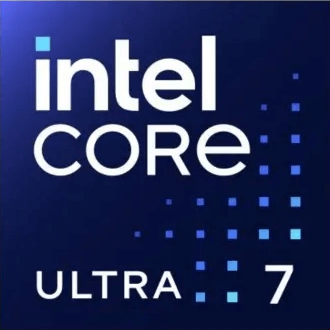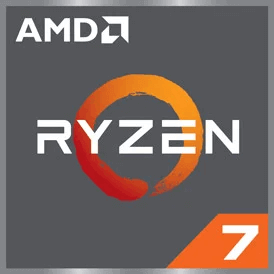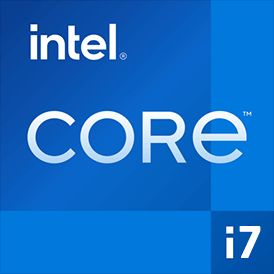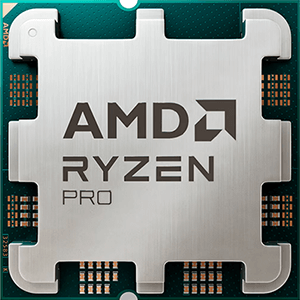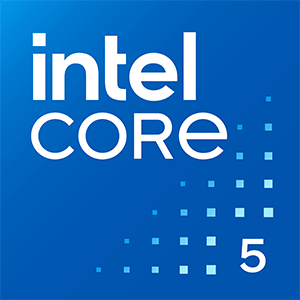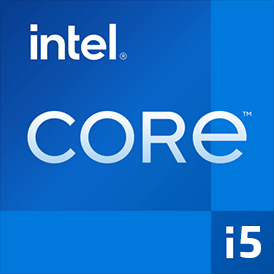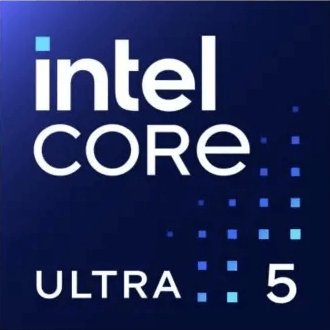Intel Processor N100 vs Intel Core Ultra 7 265HX
We compared two laptop CPUs: Intel Processor N100 with 4 cores 0.8GHz and Intel Core Ultra 7 265HX with 20 cores 2.6GHz . You will find out which processor performs better in benchmark tests, key specifications, power consumption and more.
Main Differences
Intel Processor N100 's Advantages
Lower TDP (6W vs 55W)
Intel Core Ultra 7 265HX 's Advantages
Released 2 years late
Better graphics card performance
Higher specification of memory (6400 vs 4800)
Larger memory bandwidth (102.4GB/s vs 38.4GB/s)
Newer PCIe version (5.0 vs 3.0)
Larger L3 cache size (30MB vs 6MB)
More modern manufacturing process (3nm vs 10nm)
Score
Benchmark
Cinebench R23 Single Core
Intel Processor N100
924
Intel Core Ultra 7 265HX
+119%
2027
Cinebench R23 Multi Core
Intel Processor N100
2921
Intel Core Ultra 7 265HX
+854%
27881
Geekbench 6 Single Core
Intel Processor N100
1204
Intel Core Ultra 7 265HX
+159%
3126
Geekbench 6 Multi Core
Intel Processor N100
2314
Intel Core Ultra 7 265HX
+637%
17063
General Parameters
Jan 2023
Release Date
Jan 2025
Intel
Manufacturer
Intel
Laptop
Type
Laptop
x86-64
Instruction Set
x86-64
Alder Lake
Core Architecture
Arrow Lake
N100
Processor Number
265HX
BGA-1264
Socket
FCBGA-2114
UHD Graphics (24 EU)
Integrated Graphics
Arc Graphics (4-Cores)
-
Generation
Ultra 7 (Arrow Lake)
Package
10 nm
Manufacturing Process
3 nm
6 W
Power Consumption
45-55 W
-
Max Turbo Power Consumption
160 W
105°C
Peak Operating Temperature
105 °C
-
Foundry
Intel
CPU Performance
-
Performance Cores
8
-
Performance Core Threads
8
Performance Core Base Frequency
2.6 GHz
-
Performance Core Turbo Frequency
5.3 GHz
4
Efficiency Cores
12
4
Efficiency Core Threads
12
0.8 GHz
Efficiency Core Base Frequency
2.3 GHz
3.2 GHz
Efficiency Core Turbo Frequency
4.6 GHz
4
Total Core Count
20
4
Total Thread Count
20
100 MHz
Bus Frequency
100 MHz
8
Multiplier
26
96 K per core
L1 Cache
112 K per core
2 MB shared
L2 Cache
2 MB per core
6 MB shared
L3 Cache
30 MB shared
No
Unlocked Multiplier
Yes
-
SMP
1
Memory Parameters
DDR5-4800, DDR4-3200, LPDDR5-4800
Memory Types
DDR5-6400
16 GB
Max Memory Size
192 GB
1
Max Memory Channels
2
38.4 GB/s
Max Memory Bandwidth
102.4 GB/s
No
ECC Memory Support
Yes
Graphics Card Parameters
true
Integrated Graphics
true
-
GPU Base Frequency
300 MHz
750 MHz
GPU Max Dynamic Frequency
1900 MHz
256
Shader Units
512
16
Texture Units
32
8
Raster Operation Units
16
24
Execution Units
64
10 W
Power Consumption
14
0.3 TFLOPS
Graphics Performance
1.9 TFLOPS

